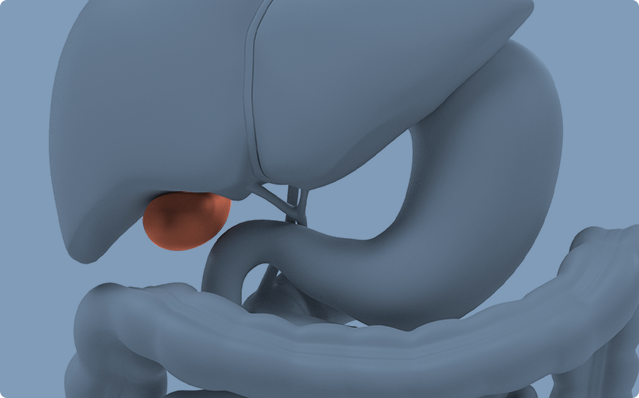
Gallbladder: Conditions and Treatment
What are Some Conditions Affecting the Gallbladder?
Cholecystitis
Gallstones
Choledocholithiasis
Gallstone Ileus
Gallbladder Empyema/Abscess
Gallstone Pancreatitis
Perforated Gallbladder
Gallbladder Polyps
Gallbladder Cancer
What Are the Treatments for Gallbladder Diseases?
For mild symptoms, gallbladder disease may be managed with dietary and lifestyle changes, as well as medications.
For more symptomatic or serious gallstones diseases, a gallbladder surgeon will recommend gallbladder removal surgery or cholecystectomy. This is a safe and effective way to treat the root cause of the problem. It is normally done through minimally invasive surgery, which has less pain, faster recovery and better outcomes.
In most cases, a gallbladder surgeon in Singapore will recommend gallbladder removal surgery or cholecystectomy. This is a safe and effective way to treat the root cause of the problem. It can be done through traditional open surgery or minimally invasive surgery, which promises better recovery outcomes.

Dr Wong Jen San
Consultant Hepatobiliary & Pancreatic Surgeon
Upon graduating from the University of Leicester and completing his basic surgical training in the United Kingdom, Dr Wong went on to complete advanced training in Singapore before embarking on his HMDP clinical fellowship in Japan—specializing in living donor liver transplantation.
Prior to establishing his own practice, Dr Wong was previously a consultant with the Department of Hepatopancreatobiliary & Transplant Surgery at SGH, an adjunct assistant professor at the Duke-NUS Graduate Medical School and a visiting consultant at the National Cancer Centre Singapore.
Read more
is a Complex and Intricate One

